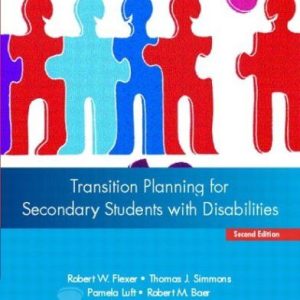As the world becomes more interconnected, the ability to speak multiple languages is becoming increasingly important. Bilingual education, which involves teaching students in two languages, has been shown to have a wide range of benefits for both individuals and society as a whole. In this article, we will explore some of the key advantages of bilingual education.
Improved Cognitive Function
One of the most well-documented benefits of bilingual education is its positive impact on cognitive function. Research has shown that the brains of bilingual individuals are more adept at multitasking and problem-solving, as they are constantly switching between two languages. This increased cognitive flexibility can help students excel in a wide range of academic and professional settings.
Enhanced Communication Skills
Learning a second language can also have a profound impact on an individual’s communication skills. Bilingual students are often more adept at picking up on subtle nuances in language, such as tone of voice and body language, which can help them navigate complex social situations more effectively. Additionally, bilingual individuals tend to be better at expressing themselves clearly and effectively in both written and spoken communication.
Greater Cultural Awareness
By learning a second language, students are also exposed to different cultures and perspectives. This can help promote greater cultural awareness and sensitivity, as students gain a deeper understanding of the customs, traditions, and values of other cultures. In an increasingly globalized world, this cultural competency is becoming a valuable skill in both personal and professional relationships.
Expanded Career Opportunities
In today’s competitive job market, being bilingual can give individuals a significant edge. Many employers value the ability to speak multiple languages, as it can open up new opportunities for collaboration and communication with clients and partners around the world. Bilingual individuals are also often in high demand in industries such as international business, tourism, and diplomacy, where language skills are essential.
Increased Academic Success
Research has shown that students who receive bilingual education often outperform their monolingual peers academically. This is due in part to the cognitive benefits of bilingualism, but also because bilingual education can help students develop a deeper understanding of language structure and grammar. This can lead to improved literacy skills in both languages, as well as better overall academic performance.
Conclusion
Overall, the benefits of bilingual education are clear. From improved cognitive function to enhanced communication skills and greater cultural awareness, bilingual education can provide students with a range of advantages that will benefit them both personally and professionally. As the world continues to become more interconnected, the ability to speak multiple languages will only become more valuable, making bilingual education an essential component of a modern education.







